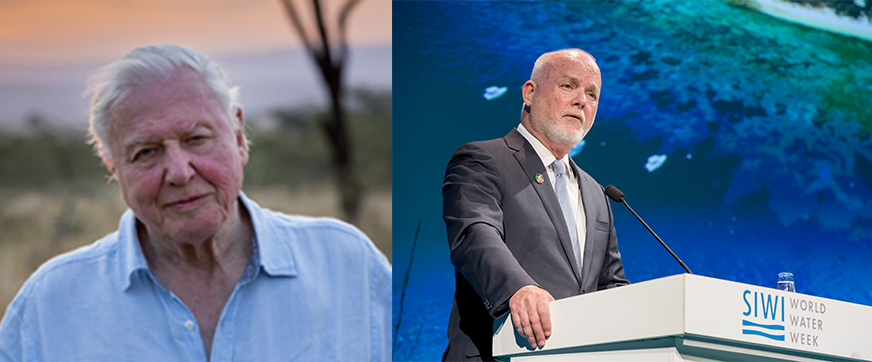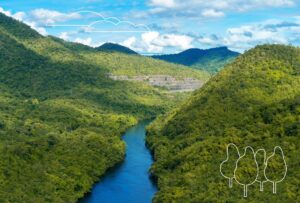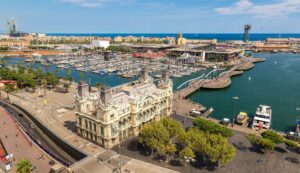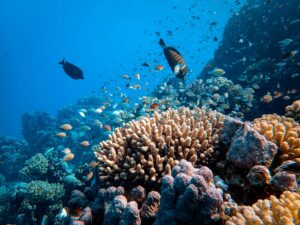- SIWI – Leading expert in water governance
- /
- Latest
- /
- Sir David Attenborough, H.E. Peter Thomson: Tackling marine pollution from source to sea
Sir David Attenborough, H.E. Peter Thomson: Tackling marine pollution from source to sea
This week the World Bank will host a panel of experts, including Sir David Attenborough and H.E. Peter Thomson, to address marine pollution from land-based sources, demonstrating a continued trend of leading global institutions embracing the source-to-sea approach to management as championed by the S2S Platform.

Sir David Attenborough, world renowned naturalist and broadcaster, H.E. Peter Thomson, UN Special Envoy for the Oceans, and eight other esteemed experts will participate in a live streamed World Bank event tackling the marine pollution problem from source to sea. This event shines light on the need to strengthen our collective understanding and action around land-based marine pollution and what can be done to stop the flow of these harmful substances into our waters.
The source-to-sea approach to management, established by the Action Platform for Source-to-Sea Management (S2S Platform), hosted by SIWI, actively works to connect a variety of upstream and downstream stakeholders in order to bring new solutions to these issues. By focusing on a key problem area, such as plastics, the approach pulls together stakeholders that might otherwise be fragmented due to borders or jurisdictional boundaries and brings them together to tackle a common problem.
Currently, a disproportionate amount of attention has been placed on cleaning up plastics once they are in the oceans. But, estimates indicate that 80% of all pollution in seas and oceans comes from land-based activities. These pollutants are largely channeled downstream through the conveyor of freshwater streams and rivers to deltas and coastal regions along the source-to-sea continuum. The source-to-sea approach actively puts the focus on the sources of such pollution rather than downstream fixes.
In recent months the approach has gained significant traction including being featured in funding strategies of the Global Environment Facility and the Swedish International Development Agency, Sida; in operational strategies of UN Environment, UNDP Water and Ocean Governance Programme and Swedish Agency for Marine and Water Management; and in Ministerial Declarations/outcome documents from World Water Forum and Dushanbe High-Level Conference on SDG 6. The S2S Platform now includes more than 25 key UN organizations, research institutes, international environmental NGOs, conventions, intergovernmental sea and river basin commissions active in this field.
Most recent

SIWI Amman and UNICEF host Libya representatives for WASH exposure visit
- Water, Sanitation and Hygiene (WASH)
- Water governance

Water and land: Partners in climate mitigation
- Water in landscapes
- Wetlands
- Water governance

What is the role of water in rural and urban school facilities?
- Water, Sanitation and Hygiene (WASH)
- Water in landscapes
- Water governance
- Gender and water

Taking root: locally driven forest landscape restoration
- Water in landscapes
- Wetlands
- Groundwater
- Resilience through water

Water in landscapes: Co-creating climate resilience

Uniting for a sustainable and healthy ocean

Caring for our ocean from source to sea

